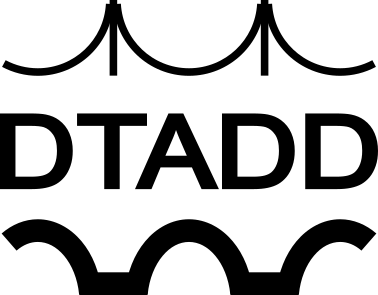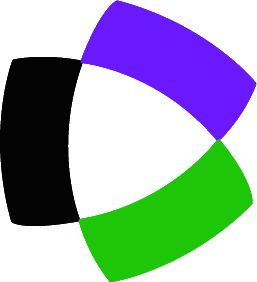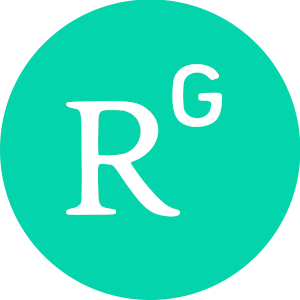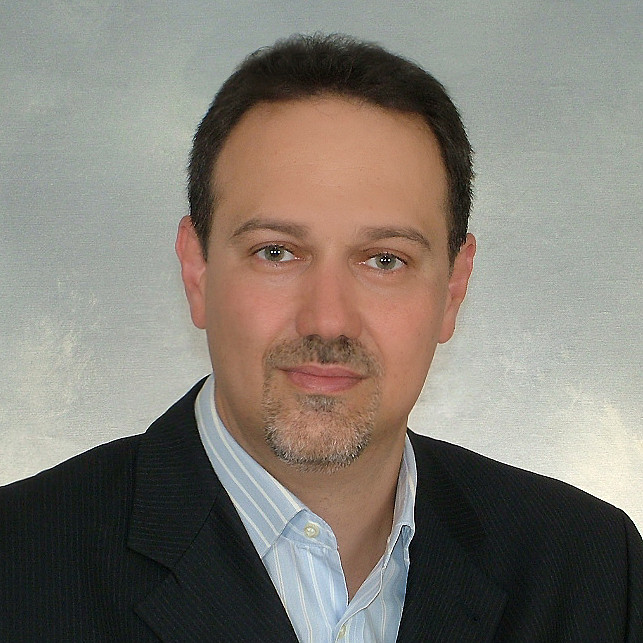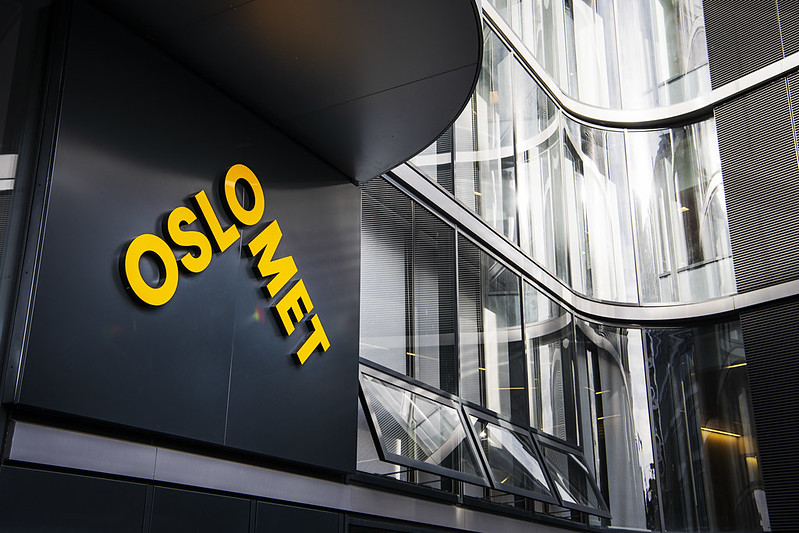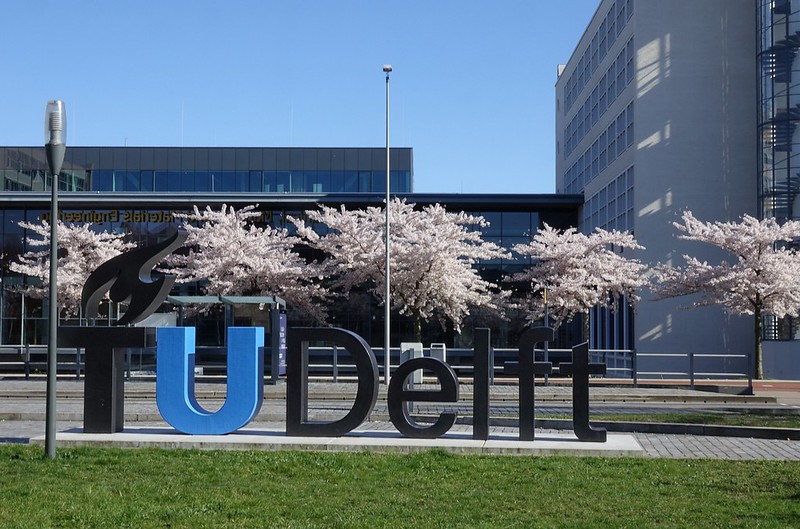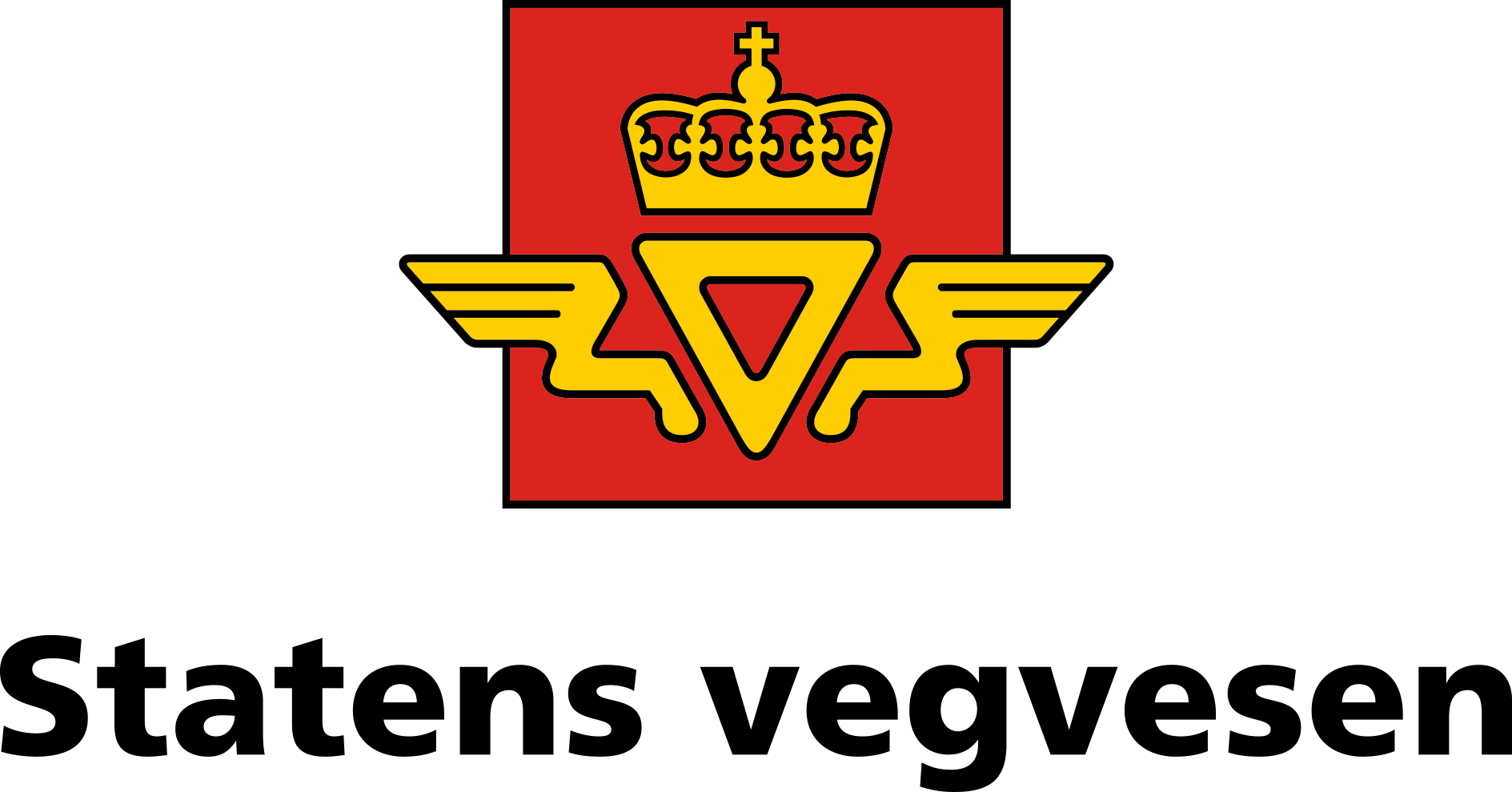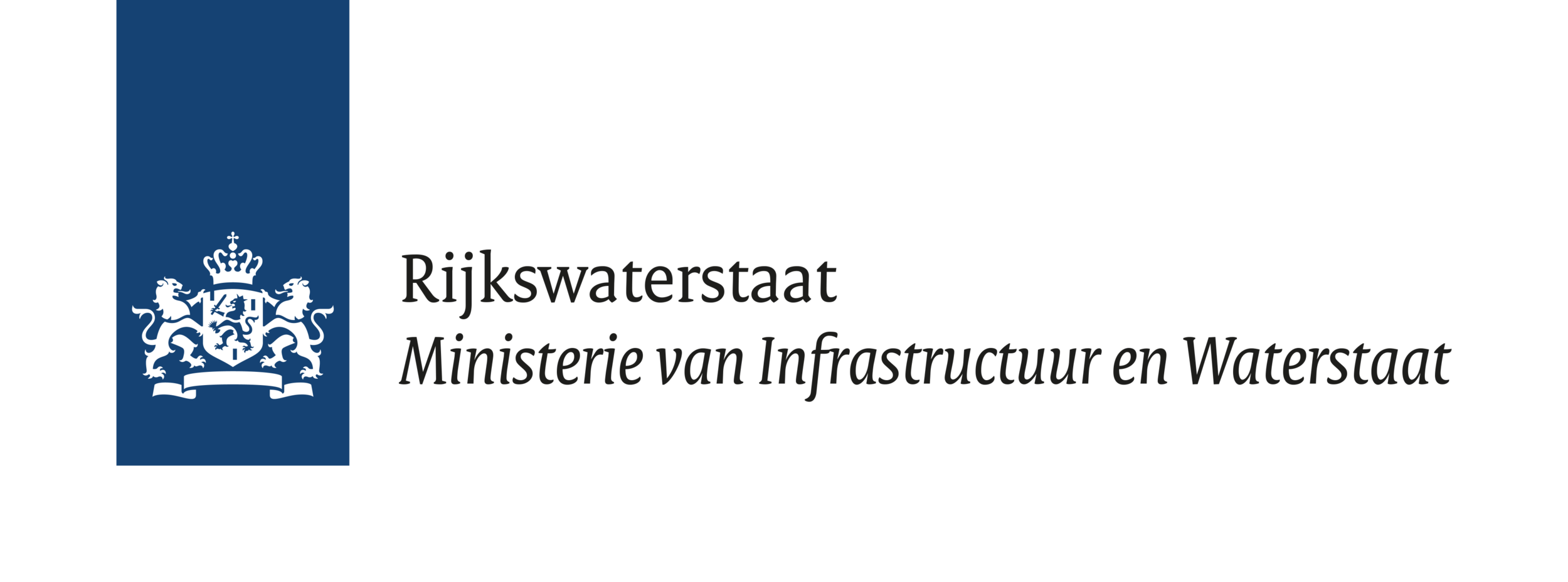People
Experienced researcher

Name: Dr. Alejandro Jiménez Rios
Email: ajr225@bath.ac.uk
Affiliation: University of Bath
Dr. Alejandro Jiménez Rios is a Civil Engineer graduated from the University of Guadalajara (UDG), Mexico. He obtained the double title of Advanced Master's Degree in the Structural Analysis of Monuments and Historical Constructions (SAHC) by the Czech Technical University, Czech Republic, and by the Polytechnic University of Catalonia, Spain. At Trinity College, Dublin, Ireland, he got a postgraduate diploma in statistics and also a PhD in Civil, Structural and Environmental Engineering. He worked as a Postdoctoral Researcher at the Department of Structural and Geotechnical Engineering of the Faculty of Architecture at the Sapienza University of Rome, Italy.
As part of the DTADD project, he worked as a MSCA Postdoctoral Research Fellow at the Department of Built Environment, Oslo Metropolitan University, Norway, held a distinguished ICCROM Fellowship with the International Centre for the Study of the Preservation and Restoration of Cultural Property (ICCROM), Italy and was hosted at the Faculty of Civil Engineering and Geosciences, Delft University of Technology, Netherlands, during a three-month secondment. Currently, he works as Lecturer in Structural Engineering at the Department of Architecture & Civil Engineering, University of Bath, UK.
His research focuses on preserving and maintaining historic buildings and bridges. He studies traditional and eco-friendly architecture and investigate how materials like masonry, bamboo, and earth behave under different conditions. This involves using methods that don't damage the structures and conducting large-scale tests. He also works on making buildings more robust and resilient. Additionally, he explores how new technologies, such as artificial intelligence and digital twins, can be used in architecture, construction, and engineering to improve the way structures are monitored and managed.
In his teaching, he covers a broad range of topics related to structural engineering and conservation of the built cultural heritage environment. This includes the principles of designing and analyzing buildings and bridges, understanding how different materials behave under various conditions, and ensuring the safety and durability of structures. He also teaches about the latest advancements in construction technologies and sustainable building practices. His goal is to equip students with the knowledge and skills they need to contribute to the field of structural engineering and to innovate in the design and maintenance of the built environment. He is willing to supervise doctoral students and postdoctoral research projects focused on but not limited to:
- Conservation techniques for historic buildings and bridges.
- Non-destructive inspection methods for heritage structures.
- Diagnosis and intervention design for aging infrastructure.
- Monitoring systems for buildings with historical and cultural value.
- Sustainable and vernacular architecture methods.
- Structural behaviour and mechanical properties of structures.
- Performance of earthen structures under various conditions.
- Development of specialized constitutive models for traditional materials.
- Advanced non-linear numerical simulations in structural engineering.
- Enhancing the robustness and resilience of the built environment.
- Implementation of artificial intelligence in structural engineering and conservation.
- Asset information modelling for heritage conservation.
- Large-scale experimental testing of sustainable building materials.
- Structural health monitoring systems for historic sites.
- Digital twins.
Prof. Vagelis (or Evangelos) Plevris is an Associate Professor at the Department of Civil & Architectural Engineering of Qatar University in Doha, Qatar. He serves as Chief Editor for "Computational Methods in Structural Engineering", a section of the journal Frontiers in Built Environment, by Frontiers in Switzerland.
He holds a Diploma in Civil Engineering (5-year studies) from the National Technical University of Athens (NTUA) with specialization in Structural Engineering. He also holds an MSc from NTUA on "Structural Design and Analysis of Structures", a Master in Business Administration (MBA) from Athens University of Economics and Business (AUEB) and a PhD from the School of Civil Engineering of NTUA. The title of his Doctoral Thesis was "Innovative Computational Techniques for the Optimum Structural Design Considering Uncertainties".
His research interests include (i) Finite Element Method (FEM); (ii) Static and Dynamic Analysis of Structures with FEM; (iii) Earthquake Engineering; (iv) Optimum Design of Structures; (v) Reliability and Probabilistic Analysis of Structures; and (vi) Neural Networks and their Applications in Engineering.
Prof. Plevris is married and has a daughter and a son. He speaks English, Greek, Norwegian, German and Italian.
Secondment Supervisor

Name: Prof. Maria Nogal
Email: m.nogal@tudelft.nl
Affiliation: Delft University of Technology
Prof. Maria Nogal is an Assistant Professor in TU Delft at the section Integral Design and Management. She is also an Adjunct Assistant Professor at Trinity College Dublin and Visiting Professor at University College Dublin.
She obtained her Degree and Master's in Civil Engineering with a specialization in Structures in 2012. After working in the private sector as a structural designer and project manager, she studied a Master of Research in Civil Engineering and finished her PhD thesis on mathematical modelling applied to traffic.
Prof. Maria Nogal's research focusses on the resilience of the built environment, its assessment and management, paying special attention to the impact of climate change upon the interconnected infrastructure systems. She is interested in the integration of social aspects (e.g., human capacity of adaptation or behavioral change during stressful situations) to achieve a more comprehensive understanding of the performance of engineering systems, and therefore to better support informed decision-making processes.
Institutions
OsloMet is Norway's third largest university with 21,000 students, 2,200 employees, 4 faculties and 4 national research centres. The university aspires to be a leading provider of research-based knowledge to the welfare state in Norway and abroad. OsloMet offers a broad portfolio of professions-oriented study programs and conducts high-impact research in close collaboration with the private and public sector. OsloMet is currently involved in more than 200 projects funded by the Norwegian Research Council. It is among the Norwegian universities with highest success rate in Horizon 2020 (H2020). OsloMet has a portfolio of 31 H2020 projects and has experience of coordinating and participating in programs such as EU Health Programs, Erasmus+, COST and EEA Norway Grants. OsloMet has an Action Plan for Diversity, and longstanding experience in recruiting and integrating international students and staff, including a well-developed EU section providing advice and resources for fellows. OsloMet supports the MSCA Green Charter. The Sustainability Strategy and Green OsloMet includes initiatives and guidelines on e.g., travels, waste management and recycling, eco-friendly transport and recycling/reuse. OsloMet purchases sustainable goods and services and is leading in the higher education sector in the use of digital tools. All employees follow some main sustainability principles for procurement-related work. In sum, these efforts allow research staff and students to take climate friendly choices in their daily work-life and when developing research projects.
With more than 3000 scientific staff members, TU Delft is ranked as the first university in the field of Civil and Structural Engineering in Europe, and the 4th in the world (Word University Ranking). TU Delft carries out application-inspired research with a strong commitment with the cooperation with industry. The group of Engineering Asset Management (EAM), within the Faculty of Civil Engineering, is dedicated to the development and application of engineering and managerial solutions to make engineering assets as part of (public) infrastructures resilient, efficient and environmentally friendly. EAM is all of the activities and processes used to ensure that new and existing assets provide balanced performance levels, for a specified time frame, accounting for the entire life-cycle phases.
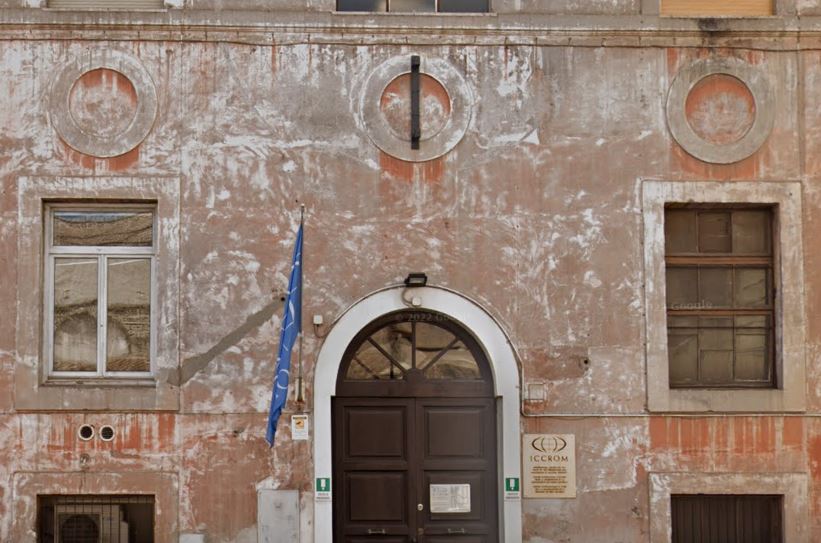
International Centre for the Study of the Preservation and Restoration of Cultural Property (ICCROM)
ICCROM is an intergovernmental organization working in service to its Member States to promote the conservation of all forms of cultural heritage in every region of the world. It operates in the spirit of the 2001 UNESCO Universal Declaration on Cultural Diversity, which states that “Respect for the diversity of cultures, tolerance, dialogue and cooperation, in a climate of mutual trust and understanding are among the best guarantees of international peace and security.”
For more than six decades, ICCROM has partnered with Member States to support them in safeguarding heritage within their borders and beyond. Working at the international and governmental levels, and with institutions and professionals on the ground, the organization engages and informs new generations of professionals and the general public with an interest in heritage.
The only institution of its kind in the world, ICCROM is small and agile, enabling it to respond swiftly to the needs of its Member States. At the same time, as an intergovernmental organization with a vast network of conservation experts, ICCROM relies on formal institutional collaborations with organizations such as UNESCO, both Headquarters and Regional Offices together with its World Heritage Committee to which ICCROM is an Advisory Body; non-governmental organizations such as ICOMOS, ICOM, ICA and IIC; and scientific institutes and universities in Member States.
Those working on the front lines of heritage preservation, including scientists, conservators, museum curators, site managers, archivists, researchers and archaeologists, rely on ICCROM for its world-class initiatives in conservation training, information, research, cooperation and advocacy.
